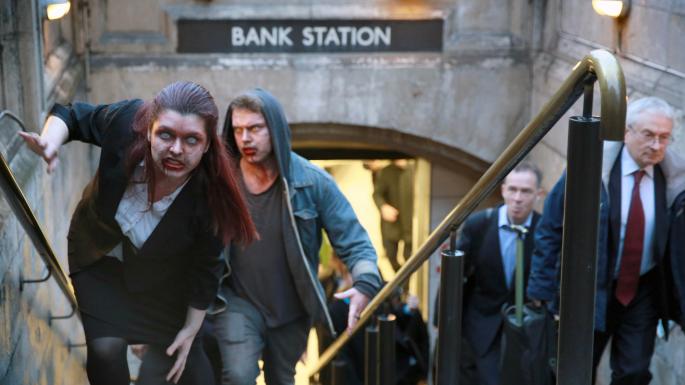
One of the country’s biggest alternative loan providers channelled millions of pounds of investors’ money into investments offered by rivals without telling its customers.
In a revelation that raises questions about the transparency of the peer-to-peer lending industry, Ratesetter connected some of its customers’ capital with investment opportunities offered by Wellesley and Archover, two of its competitors. About £10 million of property development loans were written in conjunction with Wellesley, a lending platform set up by Graham Wellesley, 8th Earl Cowley.
Ratesetter, which has arranged more than £2 billion of loans, said that its underwriters had approved each loan against their credit policy, and each was secured. “Every repayment was made in full and on time. We were repaid in full in April 2016,” a spokesman said.
The company also lent via Archover, a peer-to-peer business lender. It is understood that just under £1 million is still outstanding. Ratesetter said that it expected to be repaid in full next year.
Archover and Wellesley both advertise higher targeted returns for investors than Ratesetter. A spokesman said that Ratesetter would not write new loans with either competitor platform.
A senior industry source said: “This is about disclosure. The peer-to-peer industry came to life because banks lied. Investors lost millions due to those lies. P2P is about openness and letting investors know exactly where their money goes. Ratesetter are covering up these things outside of the spirit of peer-to-peer. What else are Ratesetter not disclosing?”
A Ratesetter spokesman said: “As with all loan applications received via intermediaries, our expert underwriters only approve those that meet our own credit criteria. These [Wellesley] loans performed well and were repaid in full and on time.”
Ratesetter did not lend directly to Wellesley and Archover. Instead, it lent via them, using them as a source of borrowers. Wellesley had to reassure retail investors in January after auditors said it needed an urgent recapitalisation. The company has since reduced the risk profile of its lending and restructured loan management, and it recorded a profit in its last financial year.
Ratesetter apologised in July for its “wholesale lending” arrangements with other lenders. This included lending to a car finance company, Vehicle Trading Group, which collapsed owing £36 million to Ratesetter investors.
The peer-to-peer platform bought VTG out of administration to avoid losses hitting its investors, undermining the principle that in this form of finance lenders should be directly exposed to the underlying risk.
An analysis of Ratesetter’s loan book shows that more than £1 in every £5 that is outstanding to its investors comes from only 100 loans. The company has arranged more than 360,000 loans. About £75 million of this sum relates to wholesale lending, an activity that Ratesetter has ceased.
Ratesetter noted that “as a matter of course” it does not share “details of intermediaries” with its lenders.
